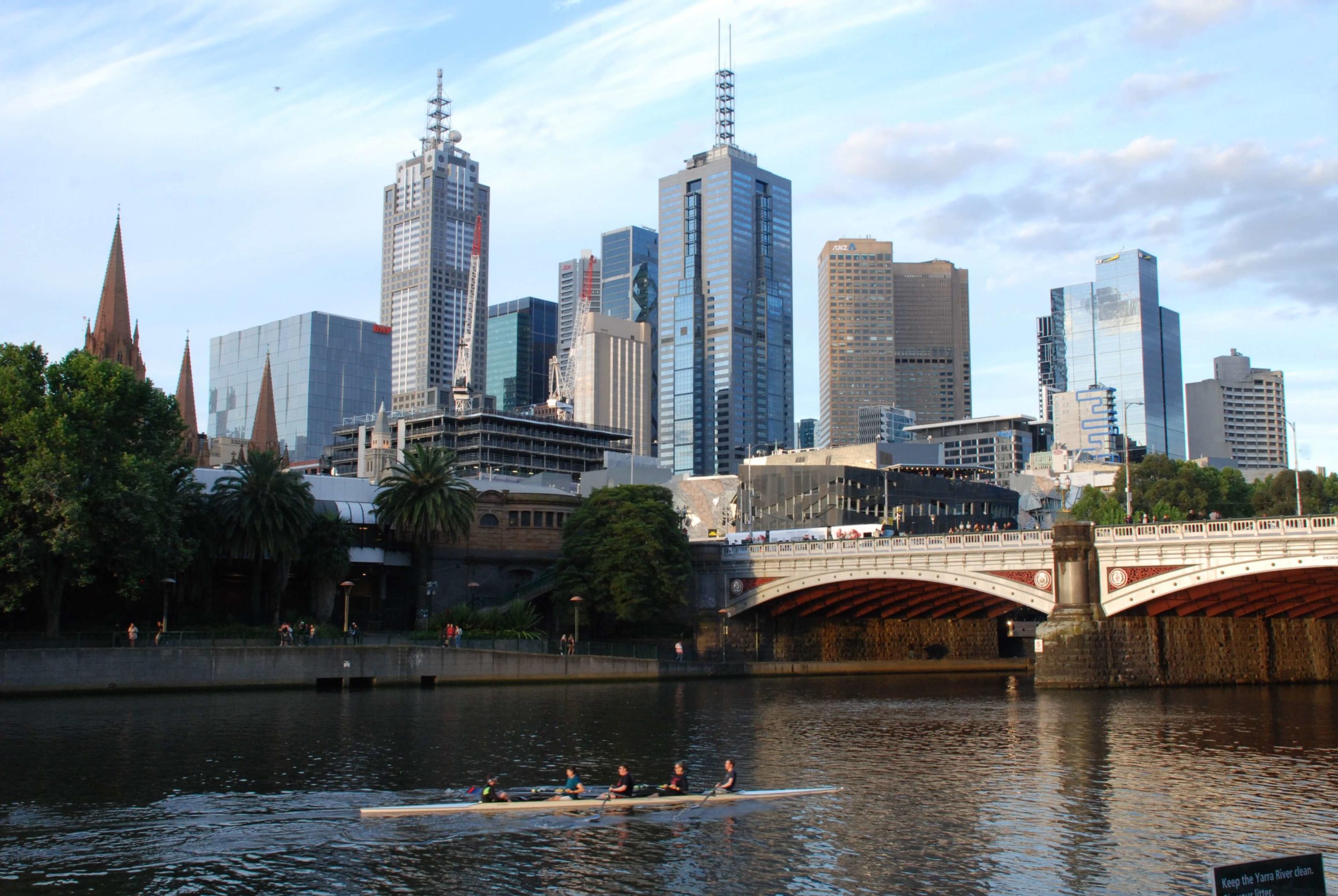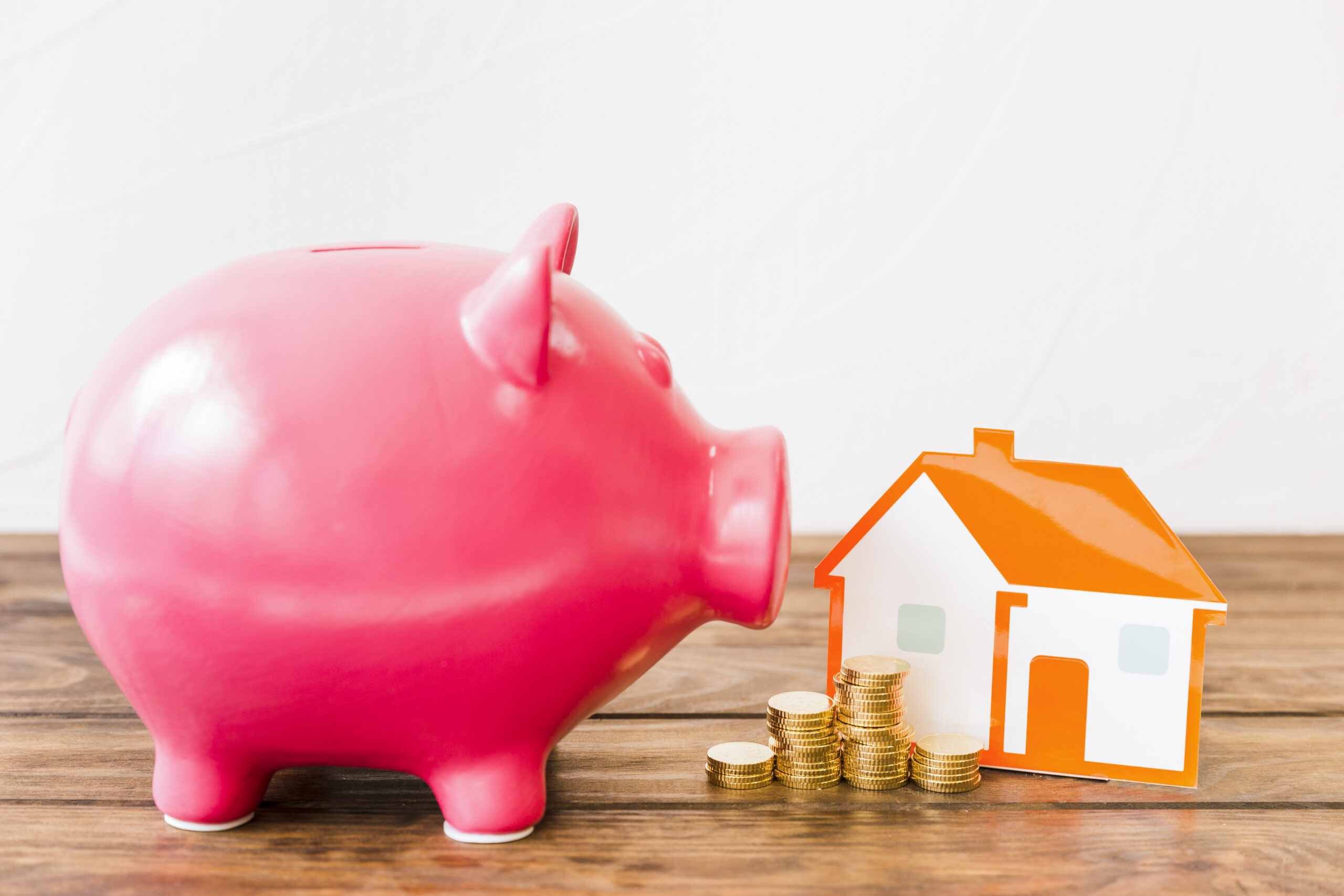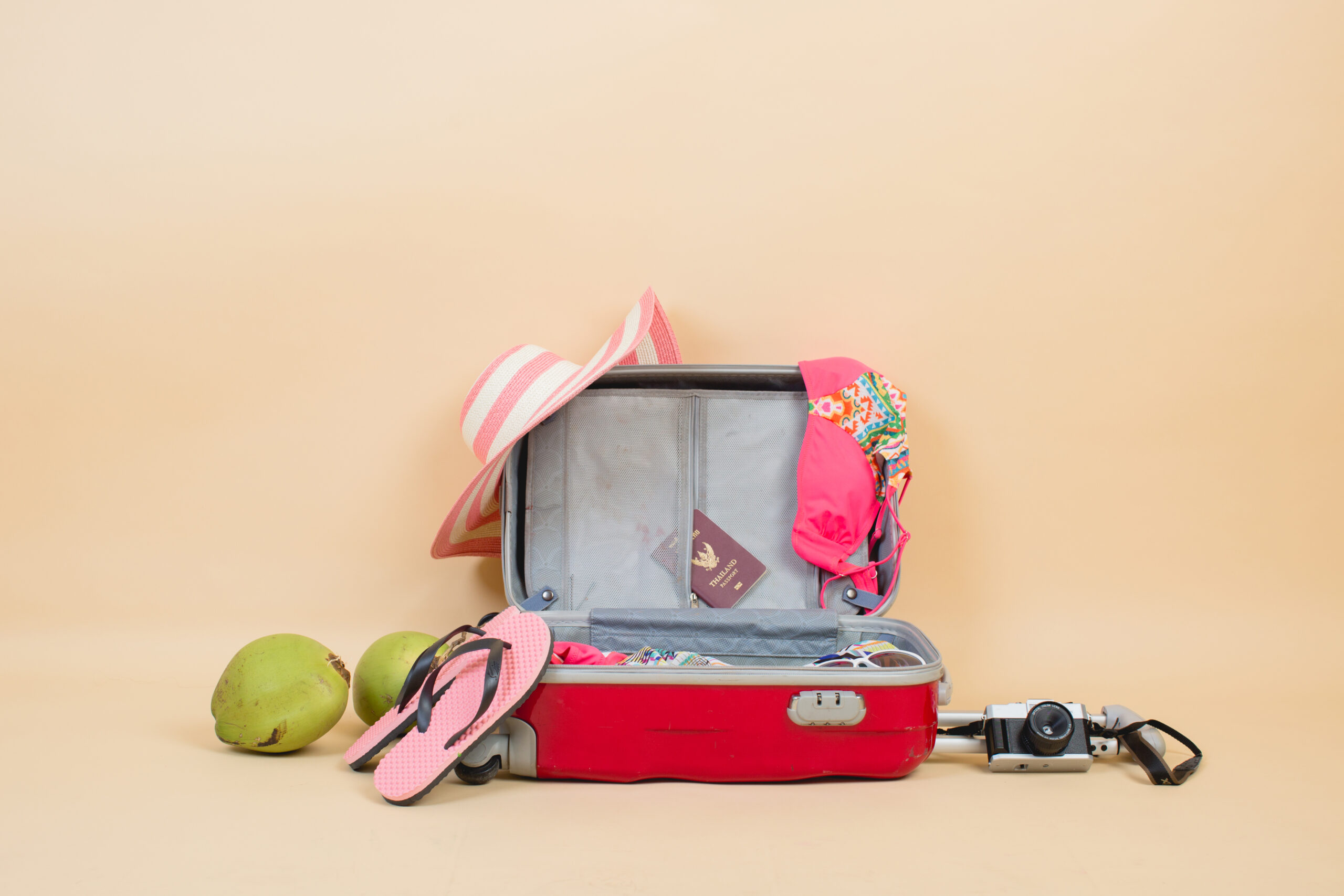How To: Save For a House Deposit
Buying a house is both incredibly exciting and also nerve-wracking, as it’s a life-changing decision to make. However, buying a house starts with a house deposit, and in most instances, it’ll start with saving for that very deposit.
While it can seem straightforward enough to save money, it’s a different scenario when saving for a home loan, especially with Australian house prices being at the high they are currently. The sum of money can seem monstrous, but with a few tips and tricks and some savvy savings, you’ll learn how to save for a house deposit in no time.
Connect all your utilities in just 8 minutes
Connect your UtilitiesDetermine The Deposit Amount
A house deposit is an initial sum of money that is determined as a percentage of the total purchase price of the home you’re buying. This percentage can typically be as low as 5%, but in most instances, a deposit of less than 20% of the loan will likely involve the payment of your Lenders Mortgage Insurance (LMI). A lower percentage could also include a higher interest rate on possible repayments.
As opposed to a smaller deposit, the bigger deposit would obviously include a lot more savings, but would also share the impression that you’re good with your money and increase your chances of getting approved for a home loan.
Lastly, the bigger the deposit, the lower the loan to value ratio (LVR). This is the loan amount divided by the appraised value of the new home. An example of this is if you’re buying a $600,000 house and you have a $400,000 loan, your LVR would be 66.6%. This subsequent low LVR lowers the odds you’ll have to pay for the aforementioned LMI and levy home loan repayments in the long run.
Fees for a deposit can be levied with the use of a mortgage broker. If you’re unsure about using a mortgage broker, or if you’re unaware of the borrowing power a mortgage broker brings check out this article here.
Apply For Assistance
When there are large sums of money involved, it’s no surprise that there are ways you can ask for a helping hand from the government of Australia.
Thankfully, there is a bevy of ways you can come into some assistance if you’re a first home buyer. This can come from the form of the First Home Owner Grant (FHOG), the First Home SuperSaver Scheme (FHSSS), and the First Home Loan Deposit Scheme.
Applying for the FHOG can lead you to receive up to $20,000 in select states, as well as reduce the amount of pay for land transfer duty (otherwise known as stamp duty).
The FHSSS is similar but involves utilising your superannuation and withdrawing contributions and saving a deposit through your super.
Finally, the First Home Loan Deposit Scheme is a relatively new scheme that has reduced the minimal deposit to 5% and assists homebuyers by saving around $10,000 in LMI fees.
Assess Monthly and Yearly Expenses
Now with an understanding of the house deposit and additional monetary assistance, it’s time to buckle down and start a savings plan, and the best way to do that is to ready a budget.
To prepare a budget, first, you must determine your financial situation and reassess your savings goal. Consider creating a spreadsheet of monthly/yearly expenses you can’t avoid beginning with (like car loans for example). Add on with other expenses you have on the regular that is removable is also necessary.
Expenses like rent or insurance are unavoidable, but that $4 coffee you buy each morning may have to be taken into consideration!
Start Thinking Thrifty
If budgeting were easy, everybody would do it and stick to it. But sometimes spending more means doing less. Instead of going out for dinner at a fancy restaurant, prepare a nice home-cooked meal. Invest in an espresso machine and make coffee at your own home instead of buying a new cup of Joe each morning.
It’s always fun to go out, however, if it is a nice day outside, why not spend the day at the beach or park? These activities cost no money and are great places to relax in your free time.
If you love going to the cinemas as much as I do, consider going on Tuesdays or Sundays. Most cinemas usually offer discounted tickets on these days, plus they tend to be the least busy days (best seats)!
It may not be the best option for everybody, but you could also consider living with a friend or family member in the interim, as this period of time can allow you to save money easier whilst living with someone else. Who knows? You might even manage to wait for the property market out until it’s in a more appealing state for purchase.
Keep Track of Your Money
It can be easy to lose track of how much money you are actually spending, and it can become a real issue. Keeping a logbook of your purchases on the daily/weekly can help keep you on track for your financial goals.
Reassess each week what you did well and what could’ve been better when taking your purchases into account, and improve on them in the following week.
If you set yourself a weekly lunch budget of $70 but only spent $50, that’s great! Consider lowering your budget for the next week and see if you can maintain it moving forward. Bonus points if you bring homemade meals from home!
A great way to keep track of your money is to prepare a separate savings account (preferably with a high-interest rate) that you can deposit earnings into. This savings account will allow you to save while leaving a limitation on what you can take out from it, especially if you set up an automatic transfer from your weekly payments into the bank account.
If you need help getting your utilities connected sorted, please call MyConnect on 1300 854 478 or use the Get Connected form here! If you’re a first home buyer and you’re unsure about using a utility connection company, this post here can assist you.



 Justyn Harrison
Justyn Harrison 






